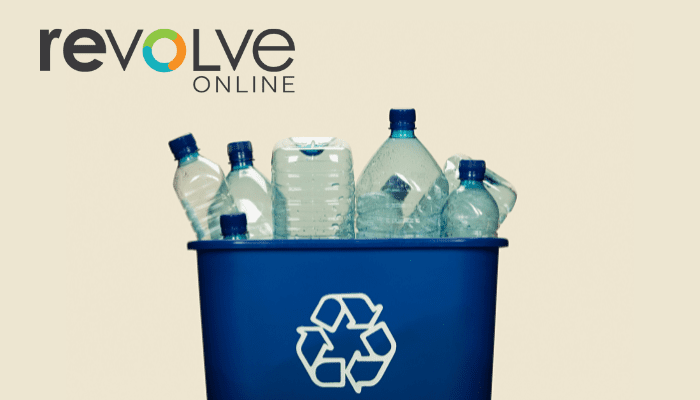It seems that everyone in the waste industry has an opinion on recent commentary about recycling in New Zealand, and its value in helping New Zealanders to reduce waste.
One of the best things about the waste, resource recovery and contaminated land sectors, is that there are differing views and different ways of working within our space, and we challenge each other’s thinking. We know that for many issues, including that of recycling, our members won’t agree on a single stance or position.
Perhaps one thing we could (mostly) agree on, is that there is a place for recycling in New Zealand.
If we look at the waste hierarchy developed by the Ministry for the Environment, we can see that recycling has a key role to play. However, it’s not the first step to addressing our waste issues.
According to the waste hierarchy, the first actions we can take, as an industry and individuals, is to reduce, rethink and redesign. It’s about being smarter with what we use and how we make things to avoid generating waste in the first place.
What’s the next step? Reuse, repair and repurpose – ensuring the products and packaging created can be consistently reused, or easily repaired or repurposed and, as consumers, that we are actively buying products that can be reused.
Recycling comes next, along with composting and anaerobic digestion. It has an essential part to play in the management of waste created by New Zealanders.
When we cannot reduce, reuse and recycle anymore, we need to think about recovering the value of materials before disposing of them.
Ensuring a consistent and effective recycling system is developed in New Zealand means that the materials can be used again and again, reducing the amount of virgin materials required to create new products and packaging. The Ministry for the Environment has taken the first steps towards doing this by implementing standardised kerbside recycling from February 2024. This means all councils will be required to collect a core set of recyclable materials and have the same presentation rules. Having a set of agreed upon recyclable materials is the first step in reducing householder confusion and leads to reduced contamination.
Diminishing the role of recycling in New Zealand undermines the public’s confidence in the value that it brings. As an industry we need to work together to ensure that not only do we give voice to perhaps somewhat controversial views, but also to the views of the wider industry so we can move forward together to make a positive impact on New Zealand.
At WasteMINZ, we see the diversity of opinion as a strength. We have more than 300 member organisations, who work across the entirety of the waste hierarchy. We know that the people working in this industry are passionate about it and are working for the good of society. As an industry, there are robust, and at times difficult, conversations to be had about how to move forward and work towards a better future for our mokopuna (grandchildren).
That’s why you’ll see our eight different sector groups advocating on behalf of their group’s members, as most of the time there is a consensus amongst those members. The WasteMINZ team are the facilitators, and our members are the subject matter experts – they know the ins and outs of the industry much better than we do.
Good can come from recycling being a key topic in the media. It shines a light on the complexities of the issue, and the fact that there is much more work to be done in the waste space.
Let’s continue challenging each other and having hard conversations, and let’s work together to make a difference to the environment and our people.


